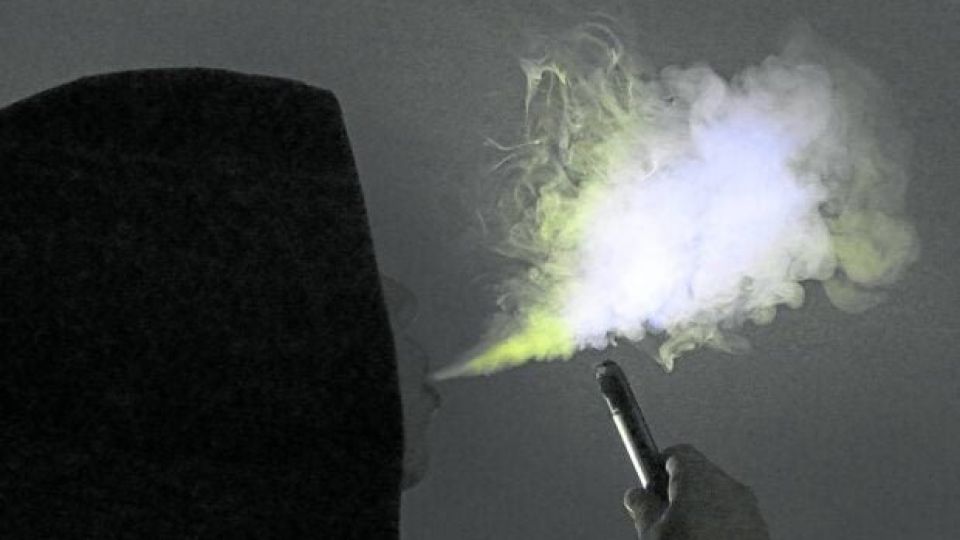October 20, 2023
MANILA – Tobacco giants still influence the development of policies regulating the industry, including the use of tobacco products, making them a continuous threat to the younger generation, according to the 2023 Tobacco Industry Interference (TII) Index.
As a result, public health advocates fear that “more young people will get addicted to nicotine products,” thus jeopardizing their well-being as they are the target market of the tobacco industry.
The TII index showed that the Philippines scored 60 in 2023, compared to 59 in 2022 and 58 in 2021. A higher score means that there is greater industry interference.
It ranked seventh among countries that failed to prevent “tobacco industry interference” after Japan, Indonesia, Malaysia, China, Bangladesh and Laos.
‘Targeting children’
Citing the report released on Thursday, Child Rights Network convenor Rom Dongeto stressed the need to “stop tobacco companies from targeting children and youth, especially through online platforms, in the propagation of their deadly vapes and cigarettes.”
“The tobacco industry has proven just how relentless they use their political and marketing machinery to assert their interests via interactions with the government,” Dongeto said.
For Benedict Nisperos, legal consultant of think tank HealthJustice, the Philippines has existing rules “yet we see tobacco and vape products proliferate to target children, adding: ‘The tobacco and vape industry have become insidious and aggressive at exploiting gaps in our laws.’”
An annual report led by civil society groups, the TII index serves as a tool to monitor the progress, or lack of it, in addressing industry interference and to gauge how countries are implementing the World Health Organization Framework Convention on Tobacco Control, of which the Philippines is a signatory.
READ: Flavor chemicals: Culprit behind PH ‘tobacco epidemic’
“Governments must triple their efforts to protect the bureaucracy from undue influence and interference of the tobacco industry … to achieve successful tobacco control and public health outcomes,” said Dr. Ulysses Dorotheo, Southeast Asia Tobacco Control Alliance executive director.
Involvement in policy
According to the 2023 index, the involvement of the tobacco industry in policy development was apparent in proposed legislations, such as a Senate bill that seeks to categorize tobacco as an essential agricultural item, thus protecting it from smuggling.
The report also noted that laws allowing industry representatives to become members of government bodies involved in tobacco control had yet to be amended, “perpetuating a conflict of interest that has festered for years.”
Among the existing policies that favored tobacco makers was the vape regulation law, or Republic Act No. 11900, which was “an undoing of many public health gains.” It lapsed into law under President Marcos in July 2022.
The report also pointed out that tobacco products were “still given preferential treatment” as international travelers were allowed to bring into the country up to 4,400 cigarette sticks without taxes—“a much more generous allowance (than) what other countries provide.”
Deemed “unnecessary interaction” between tobacco companies and the government were private-public partnerships, including the “Kapatid Angat Lahat” program led by Go Negosyo for the sake of tobacco farmers; the awards given to tobacco firms, such as “top 10 taxpayers” given by the Davao City government to PMFTC Inc., Philip Morris International’s (PMI) Philippine affiliate; and the “fiesta”-themed lunch held in Malacañang with PMI representatives.


